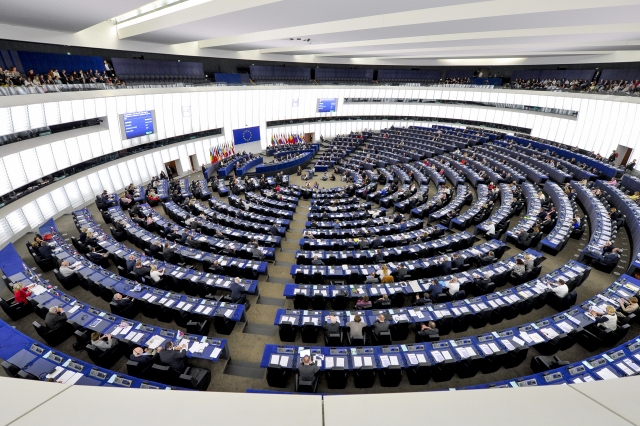€45 Million from EU to Support Georgia’s Macro-Financial Obligations
The European Union is to give €45 million in macro-financial assistance to Georgia after the European Parliament approved the necessary measures on 14 March. The financial aid supports the on-going economic stabilization, alongside assistance for structural reforms.
The EU identified difficulties in Georgia’s economy, which remains vulnerable to market fluctuations. The large current account deficit and high external debt weigh heavy on the country’s financial situation, as it possesses insufficient foreign reserves to resolve the situation alone.
A support scheme by the IMF is requisite for receiving European funds under the macro-financial assistance umbrella. The assistance supports partner countries of the EU, which struggle to meet their financial obligations. Georgia is to receives its third financial aid package from the EU since the war in 2008. In the aftermath, the EU supported Georgia with two €46 million financial schemes.
Georgia is eligible for such aid as it is part of the Eastern Partnership established by the EU and its neighboring countries in 2009. Furthermore, Georgia and the EU signed an association agreement in 2016, spurring trade and economic relations to a record high. The close relationship between the two parties allowed the General Affairs Council to propose the aid without discussion. There is a general consensus in Brussels to support Georgia’s endeavors.
Georgia has shown a strong commitment to improving democratic mechanism, the rule of law and human rights. Just this week, Protocol No. 16 of the European Court of Human Rights was ratified by enough signatories to enter into force. Georgia was one of the first countries to ratify it back in 2015.
The new reforms, which accompany the assistance, will be closely monitored by the European Commission to ensure all requirements are met.
By Benjamin Music











